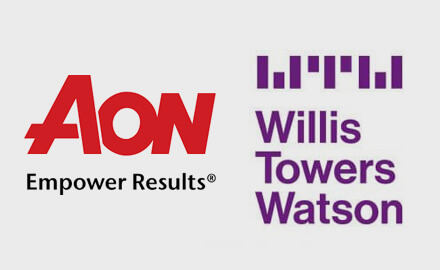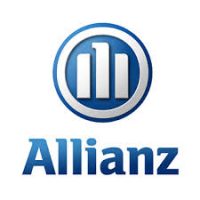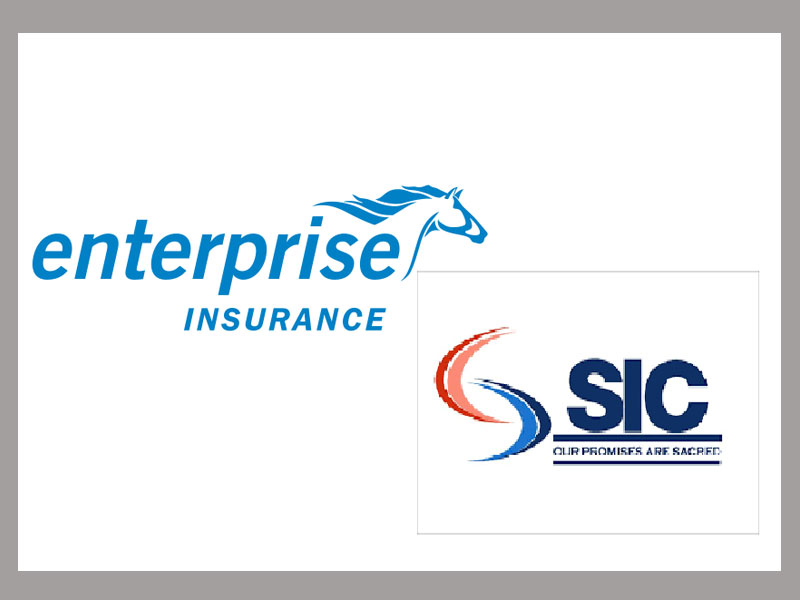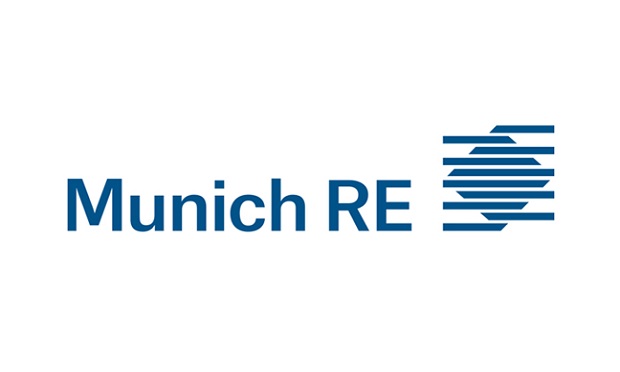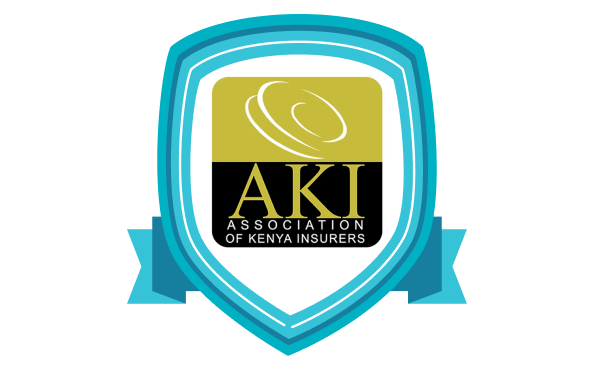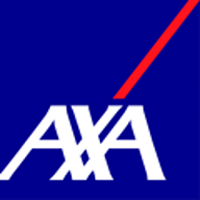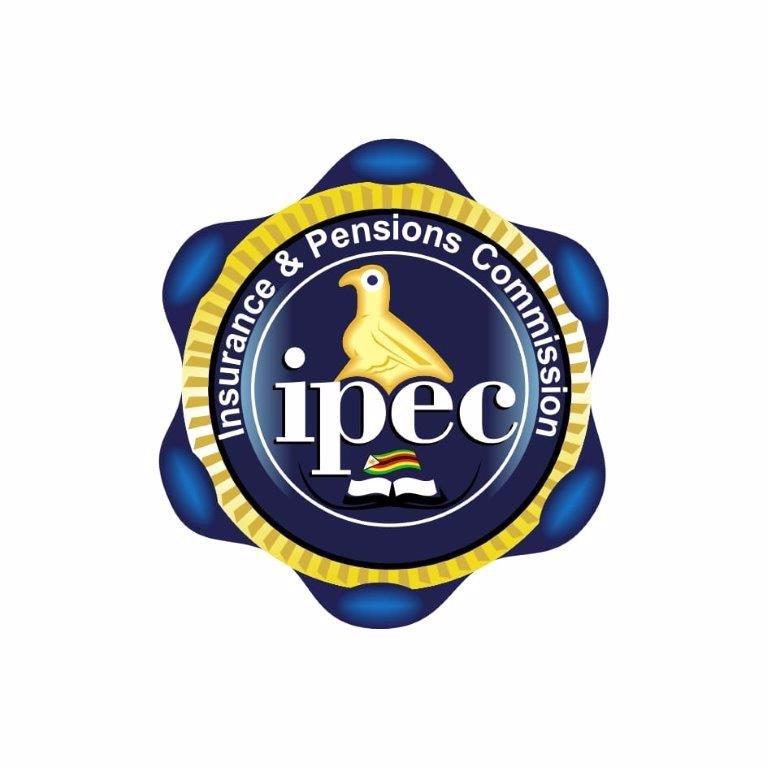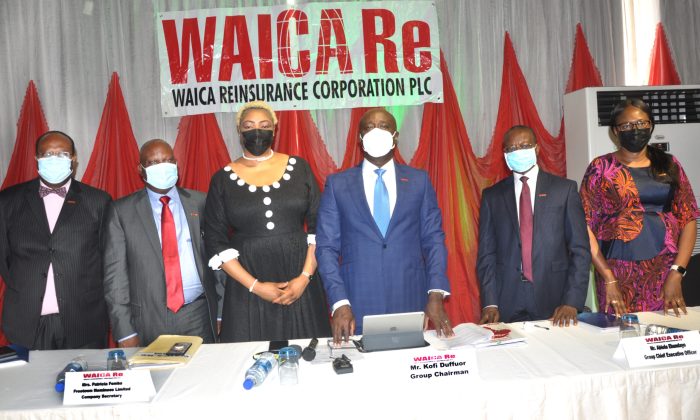Aon’s acquisition of Willis Towers Watson cancelled
By admin
The insurance and reinsurance broking world as Aon and Willis Towers Watson (WTW) said they have terminated their combination, or merger agreement, effectively cancelling Aon’s acquisition plans to become the largest player in the market.
aon-willis-towers-watsonAon and Willis Towers Watson said they have, “agreed to terminate their business combination agreement and end litigation with the U.S. Department of Justice (DOJ).”
The $30 billion acquisition and merger had been announced in March 2020 and the pair have been working towards a combination ever since.
But challenges from an antitrust suit had threatened to delay the combination beyond the original merger agreement outside-date, something it now seems the insurance and reinsurance brokers weren’t prepared to push back waiting for a DOJ trial.
Now, Aon said it will pay the $1 billion termination fee to Willis Towers Watson, as thee proposed scheme of arrangement has now lapsed, and both organisations will move forward independently.
Today, Aon CEO Greg Case explained, “Despite regulatory momentum around the world, including the recent approval of our combination by the European Commission, we reached an impasse with the U.S. Department of Justice.
The DOJ position overlooks that our complementary businesses operate across broad, competitive areas of the economy. We are confident that the combination would have accelerated our shared ability to innovate on behalf of clients, but the inability to secure an expedited resolution of the litigation brought us to this point.”
He also said, “Over the last 16 months, our colleagues have turned potential challenges into opportunities to advance our Aon United strategy. We built on our track record of innovation, continued to deliver industry-leading performance and progress against our key financial metrics and move forward with the strongest colleague engagement and client feedback scores in over a decade. Our respect for Willis Towers Watson and the team members we’ve come to know through this process has only grown.”
Willis Towers Watson CEO John Haley added, “Our team’s resilience and commitment are a source of pride and confidence. They have continued to bring to life Willis Towers Watson’s compelling value proposition to better serve our clients in the areas of people, risk and capital. Going forward, our focus remains steadfast on our colleagues, our clients and our shareholders.
“We believe we are well-positioned to compete vigorously across our businesses around the world and will continue to introduce important innovations to the market. We appreciate and deeply respect all the Aon colleagues we got to know through this process.”

